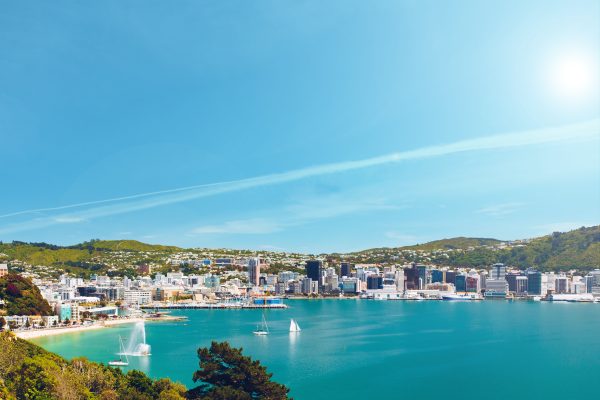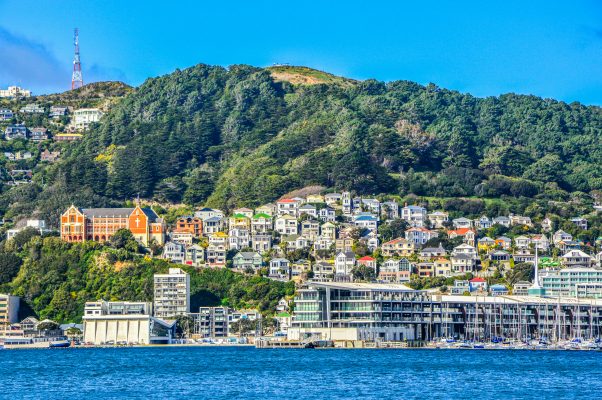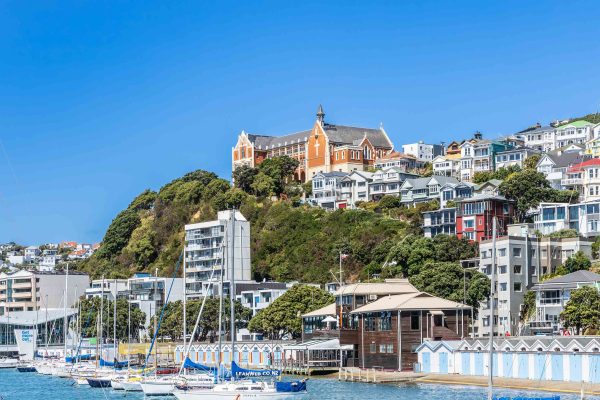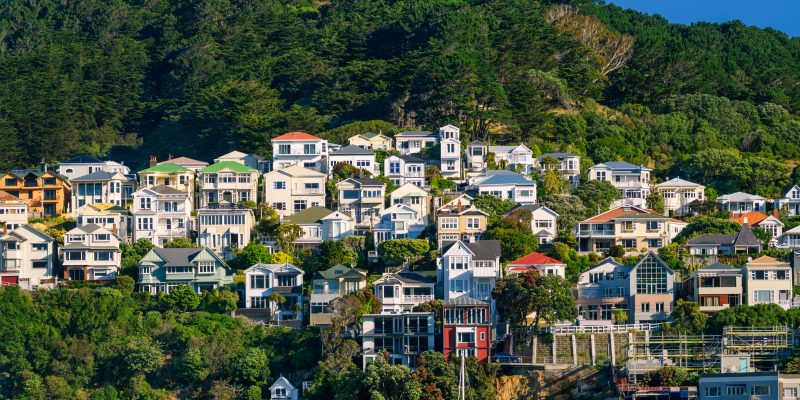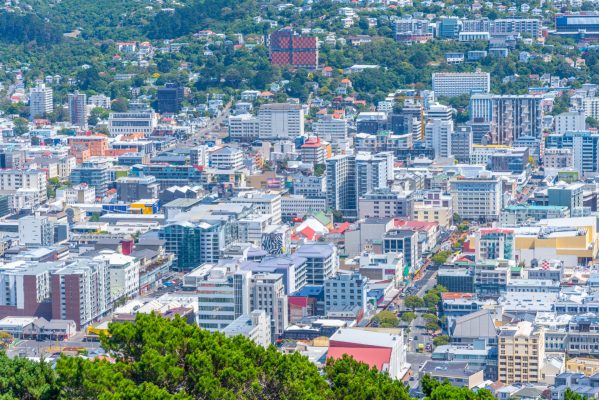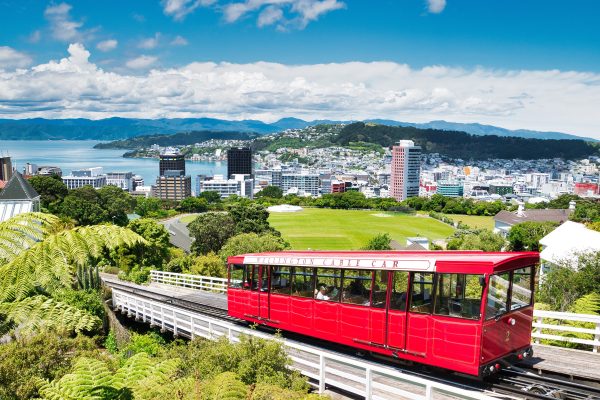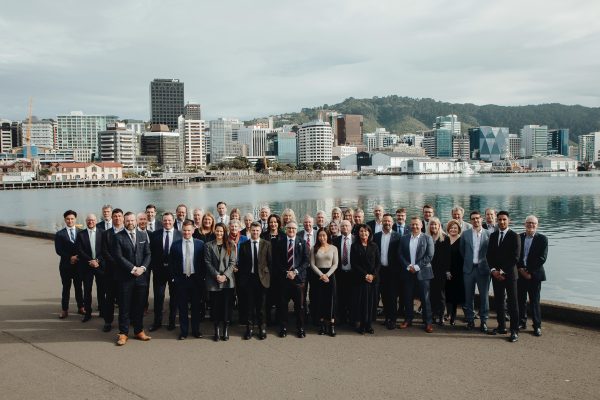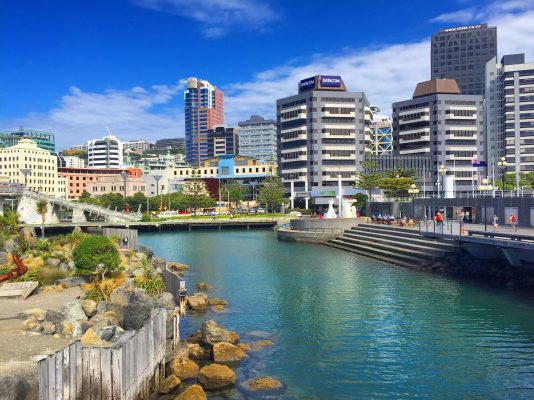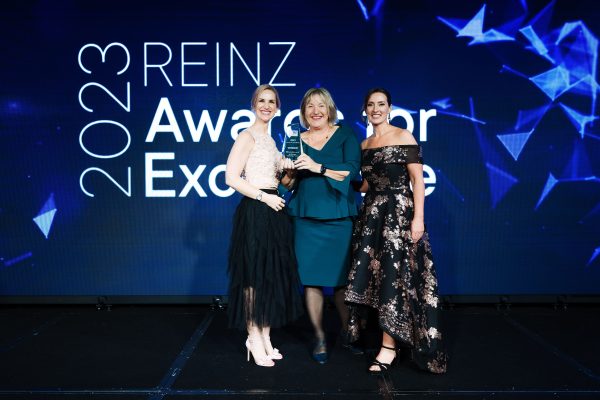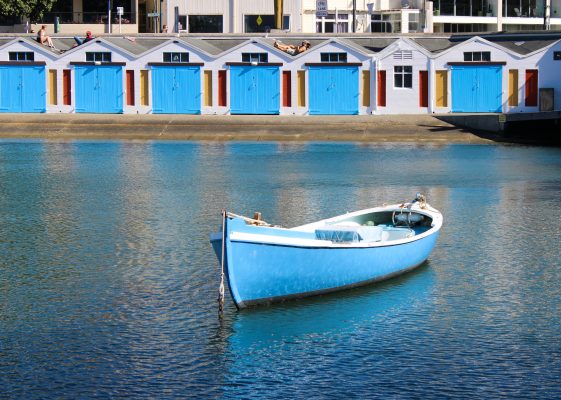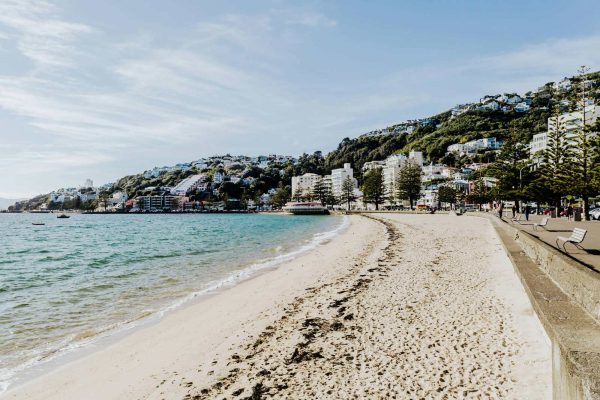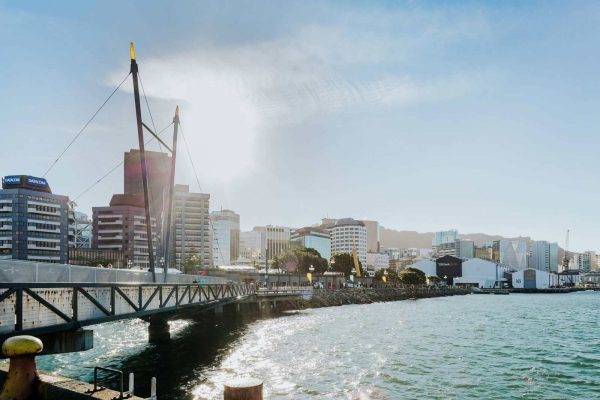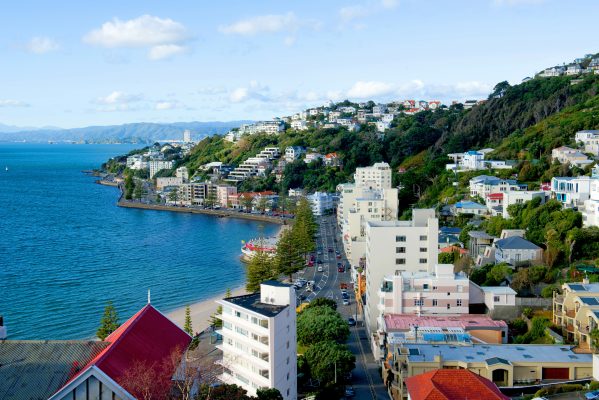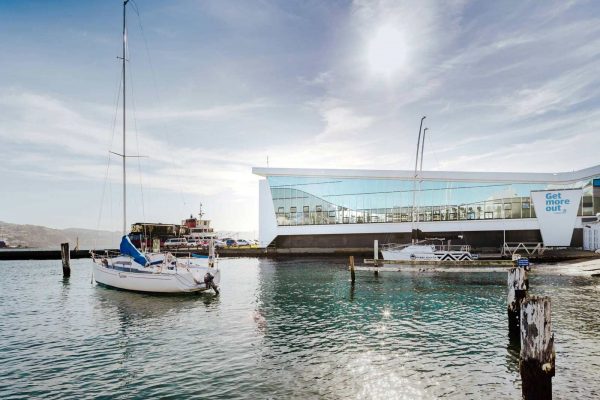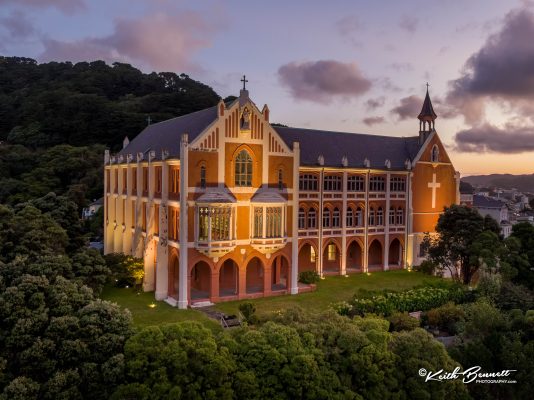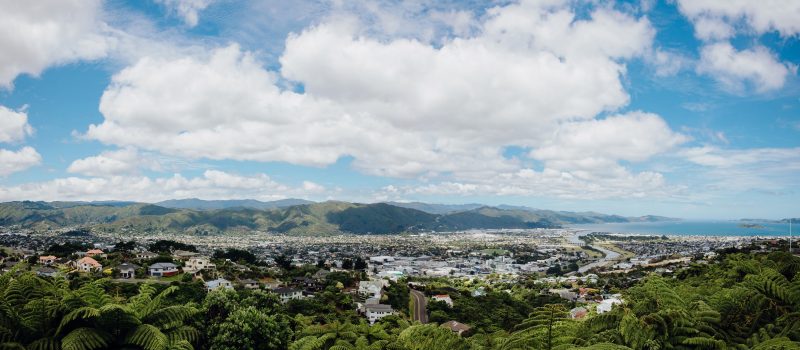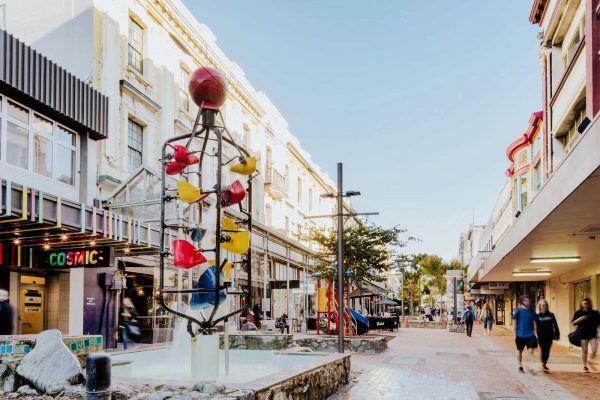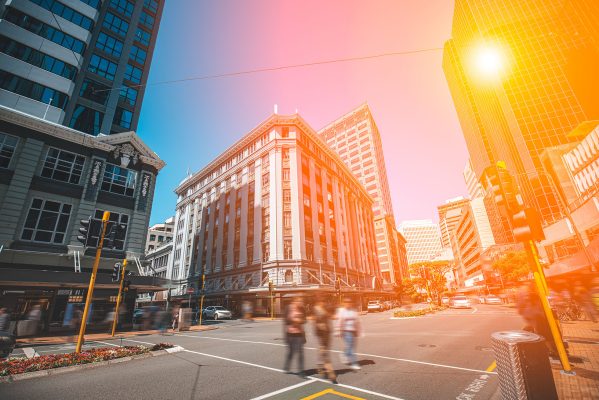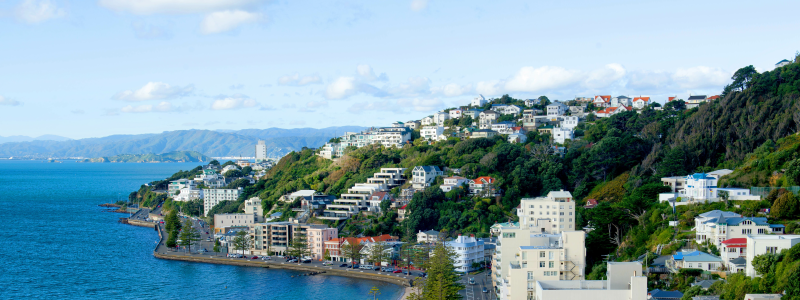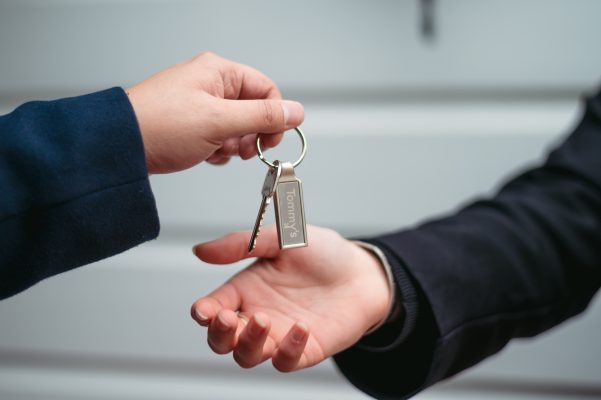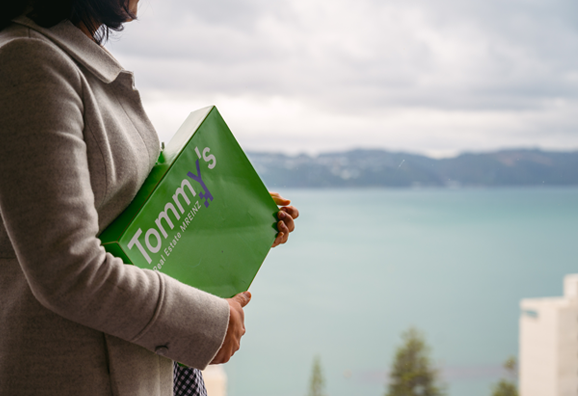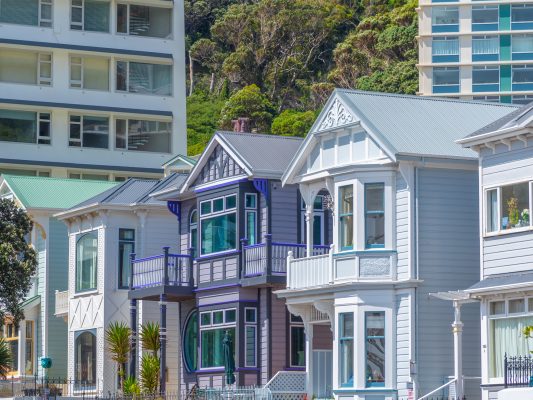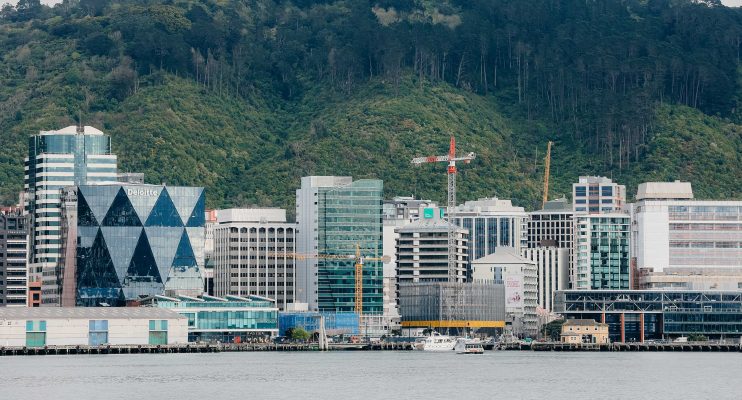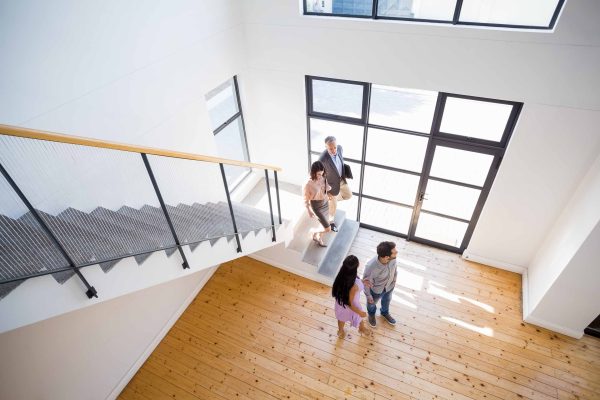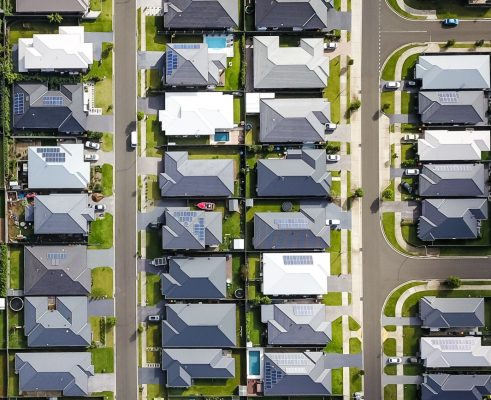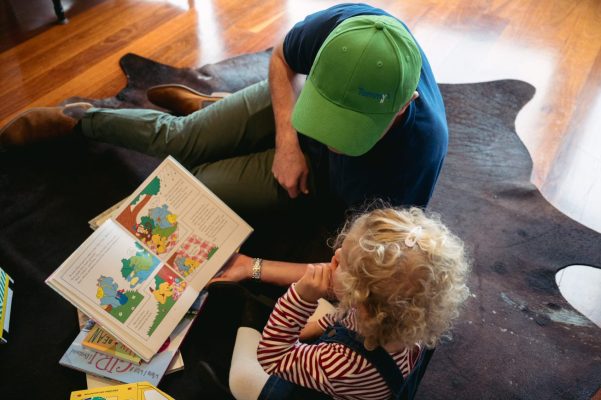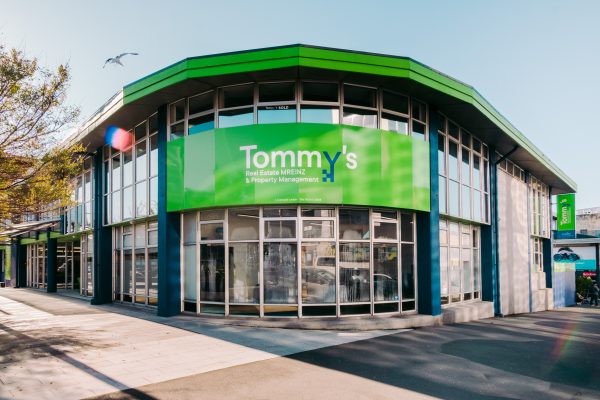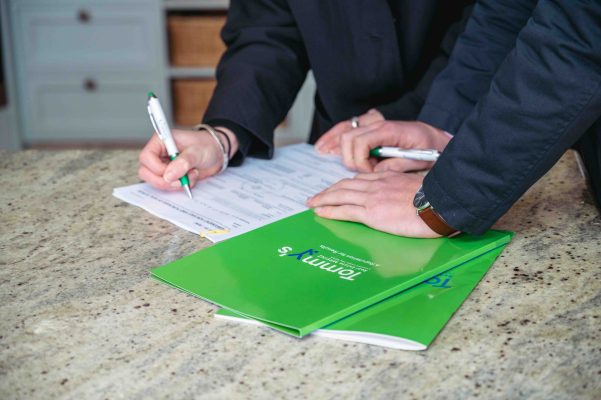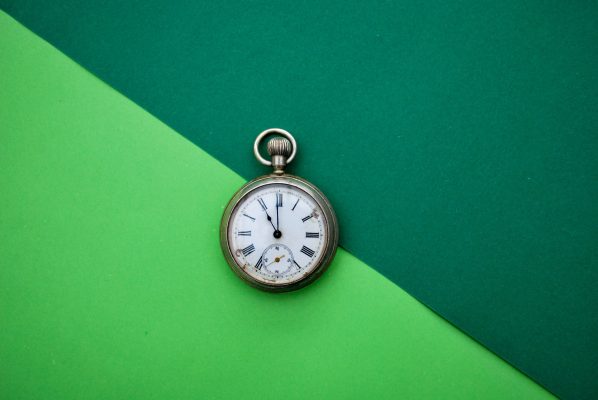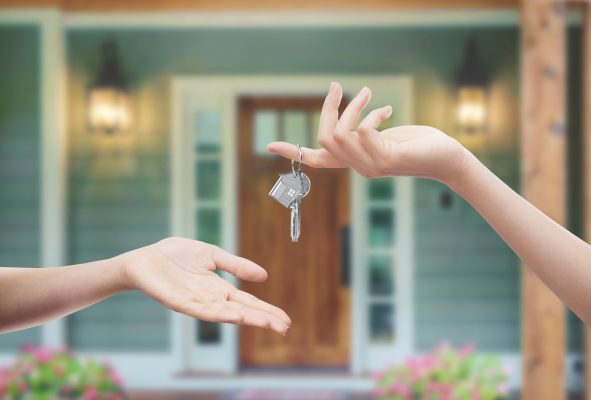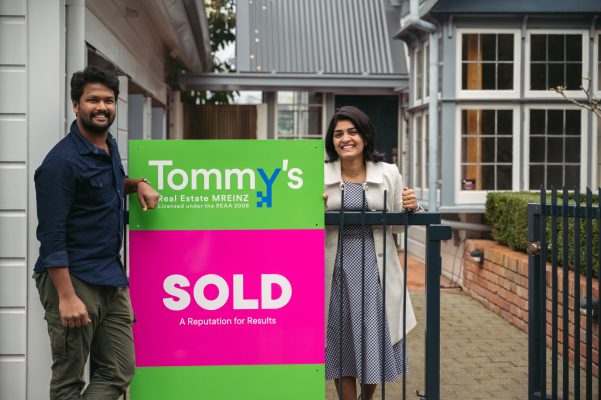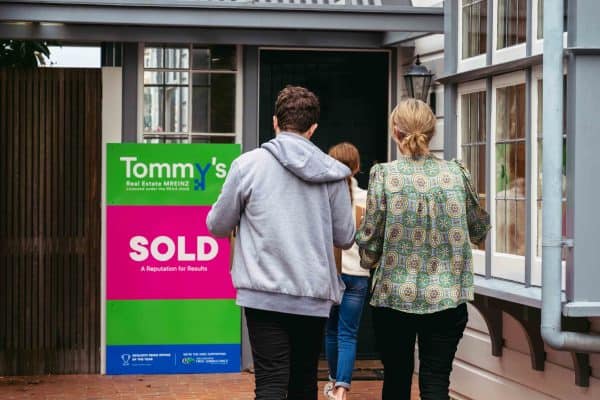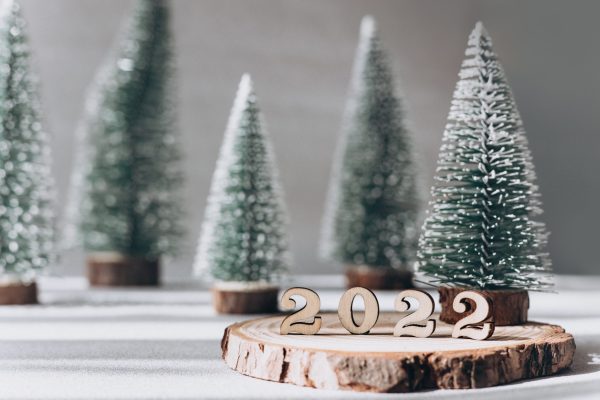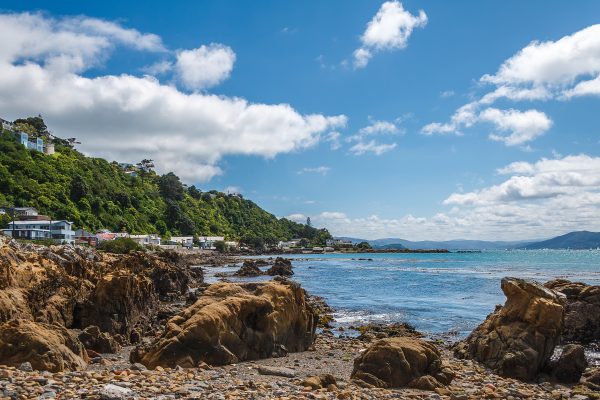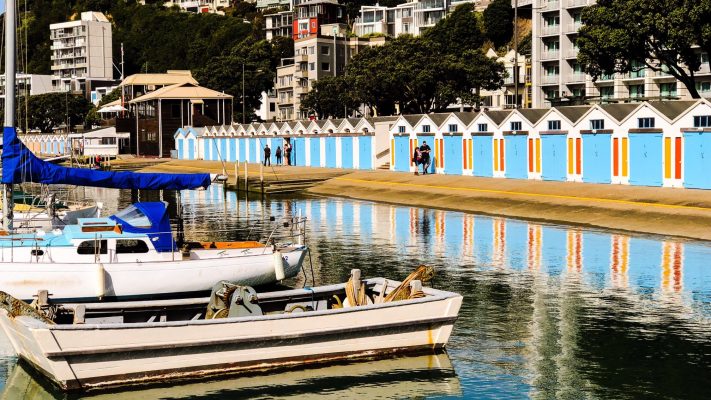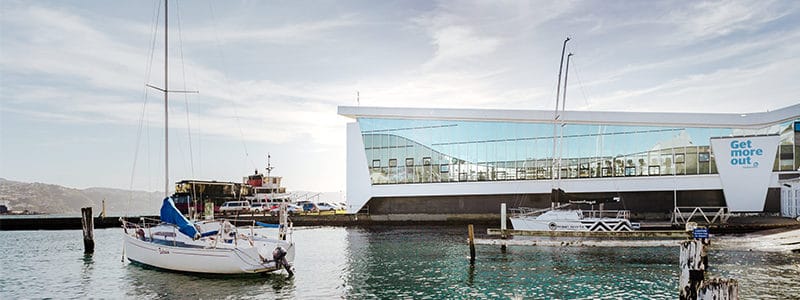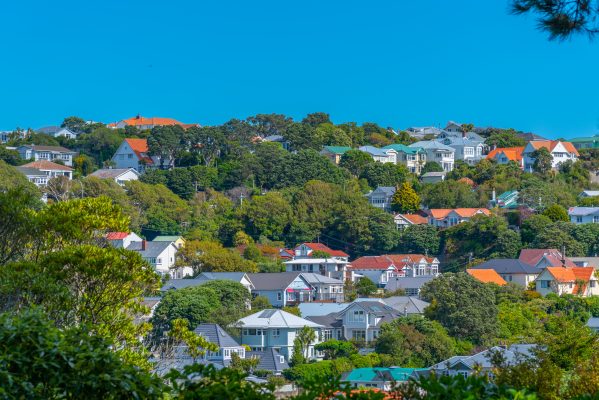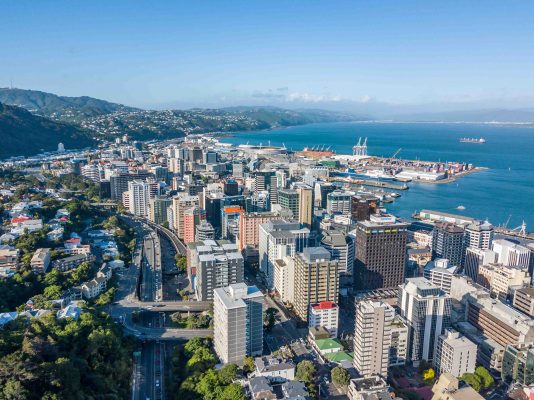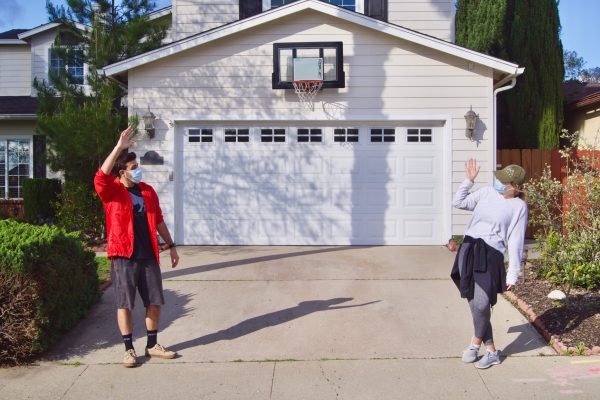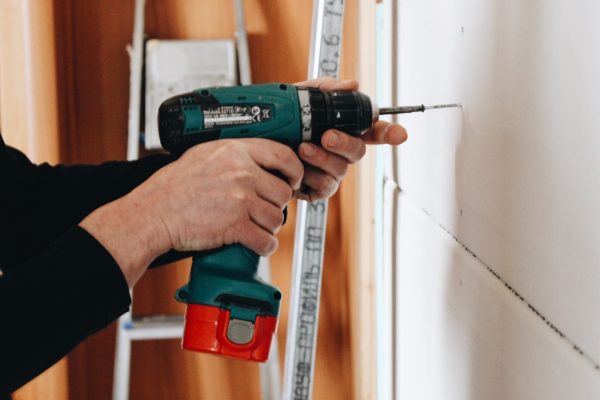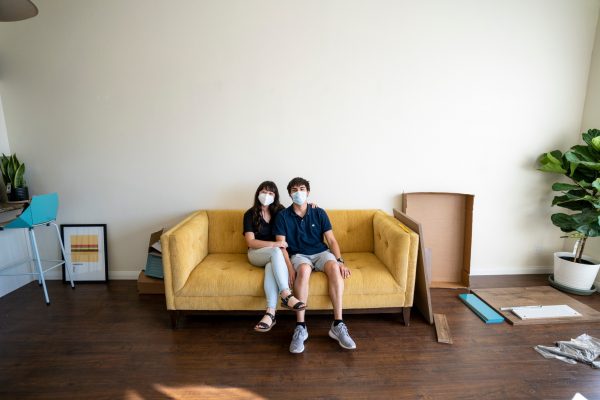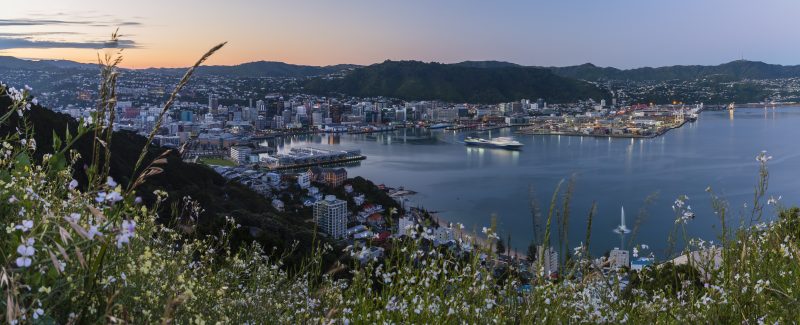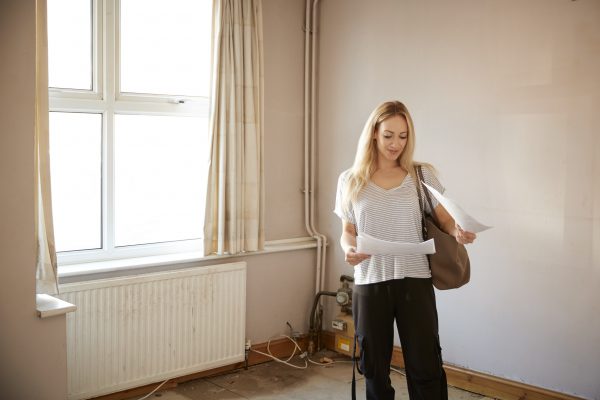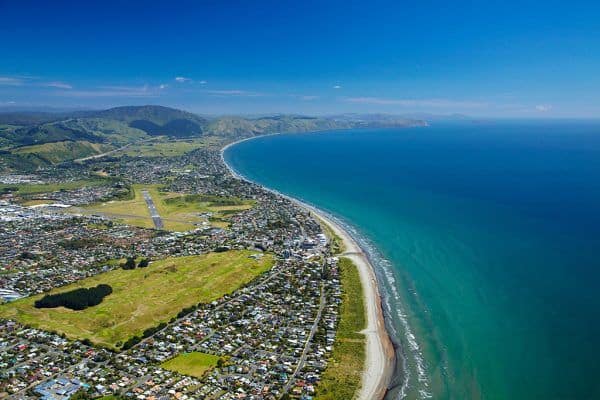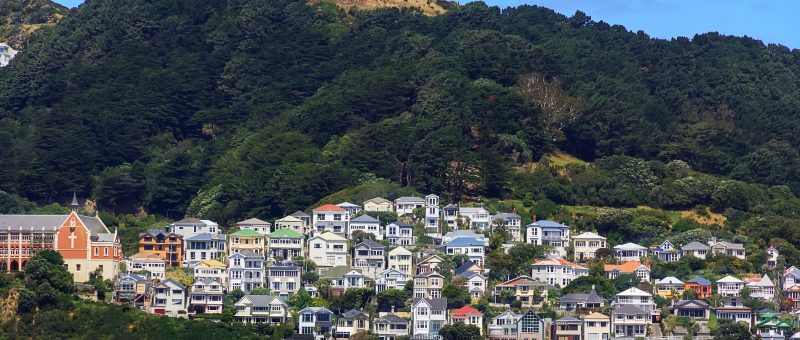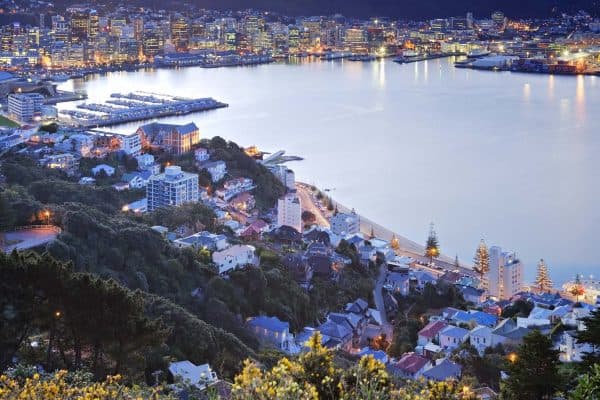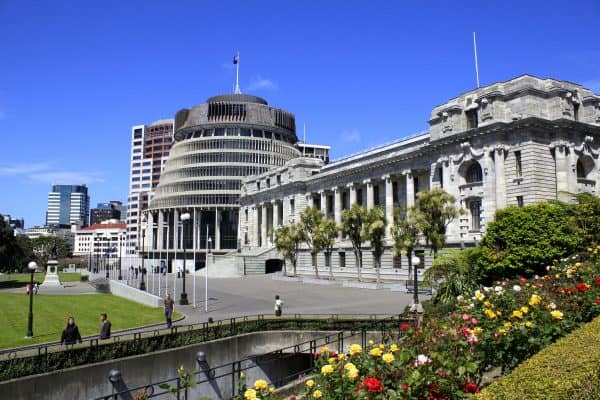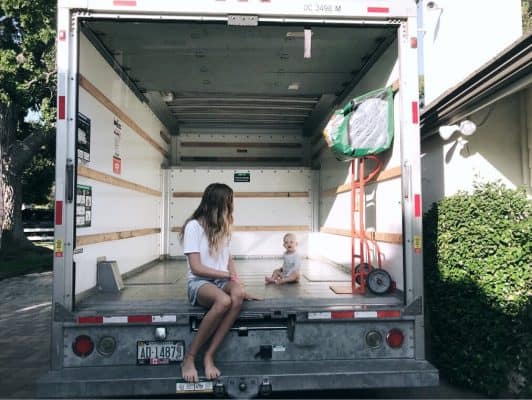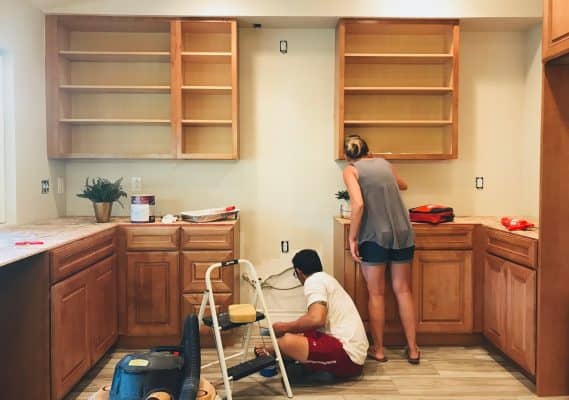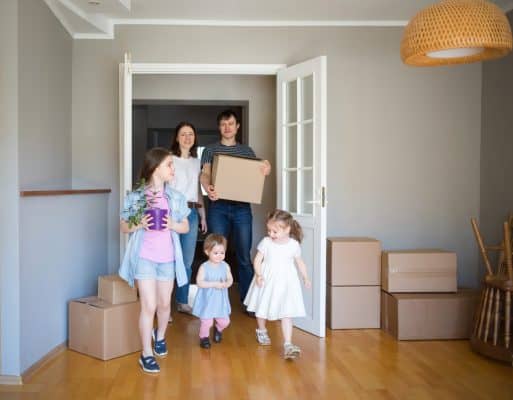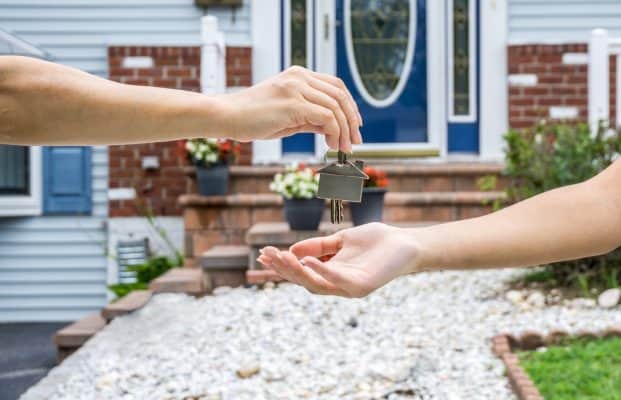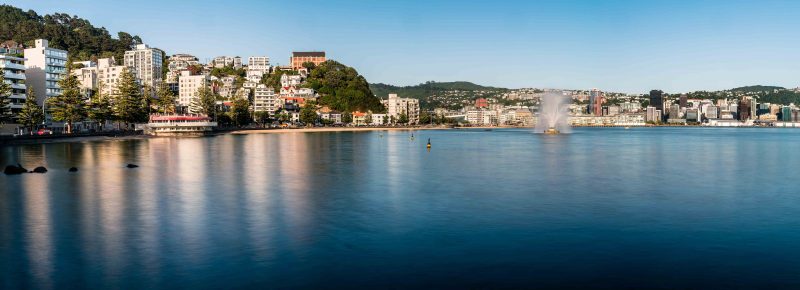Do the new rateable values accurately reflect what Wellingtonians can expect their homes to sell for?
The Wellington City Council reports the average value of residential housing in the capital has leapt 60.4 per cent since 2018. The average house value now sits at $1.435 million and there’s not a single suburb where the average value is below $1 million “We have had some huge increases in values — no question,” Tommy’s Real Estate Sales Director Nicki Cruickshank says. “But that average reflects large ‘catch-ups’ in some suburbs, particularly in the outer suburbs.”
She says buyers and sellers can use RVs as a general guide, “but in no way as a valuation. They are done on average sales in the area and designed to collect the rates. “To put it simply: if you have two houses next to each other, and on one the owner has spend $300,000 renovating, and the other has had no work done for 30 years, they are likely to have the same RV, but definitely not the same value in reality.”
Nicki says vendors will always want to believe their home is worth as much as they can get for it. “And if they are sitting with a high RV they will have a high expectation. “But remember — the 2018 RVs became very irrelevant over a year ago, and I think all vendors stopped even looking at these.
“As the City Council says, RVs reflect the likely selling price of a property at the effective revaluation date, which was 1 September 2021.” She says the rise in property values largely is due to demand outstripping supply. “Wellington is not like any other area when it comes to building new houses. The difficulty of the terrain and the hills makes the cost to build a lot higher than other places.”
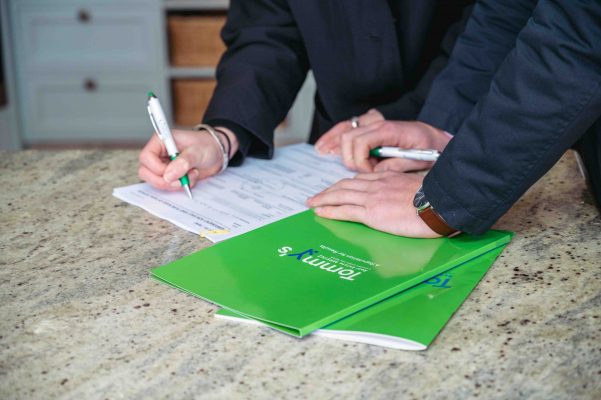
The WCC notes the demand for vacant land has led to land values doubling in many suburbs, with developers even looking to demolish houses on site where there’s scope to intensify housing. “That’s just the state of our housing market,” Nicki says. “We never seem to have enough houses, and this will always drive the values higher.” She isn’t surprised that every suburb has an average house value of $1 million-plus. “It is all relative, and as houses become more and more expensive in the central city, it pushes buyers out and out to the surrounding suburbs, which in turn drives up these prices as well.”
The recording-breaking RVs are the latest challenge to test single-income buyers. “It’s definitely very difficult for these buyers to purchase on their own now with the banks demanding higher deposits and borrowing becoming more difficult,” Nicki says. “What we are noticing is that single-income people are buying two-flat properties, living in one and renting out the other, or groups of singles that are buying in a group or as a ‘company’ and sharing the costs of the mortgage.”
Nicki doesn’t expect the market to soften next year if, under the relative Covid-19 freedoms of the “traffic light system”, more people opt to travel and stop spending their money on home improvements. Instead, she thinks the bedding in of new lending regulations and more people returning to New Zealand will keep the market stable.
“I think those outlying buyers that have been paying the highest prices in a very competitive situation will disappear from the market, and offers will be more in line with where we thought the property might sell — not tens or even hundreds of thousands above, as some of them have been in the last one-to-two years.
“Supply is catching up but is not yet at a level where it is higher than demand, and Wellington is where the jobs are, with the public sector workforce having increased considerably over the last year.”
Connect me with a local expert
Whether you’re ready to sell or looking for answers, we’ll guide you with data-driven strategy paired with over 20 years of industry experience
Book a free appraisal
